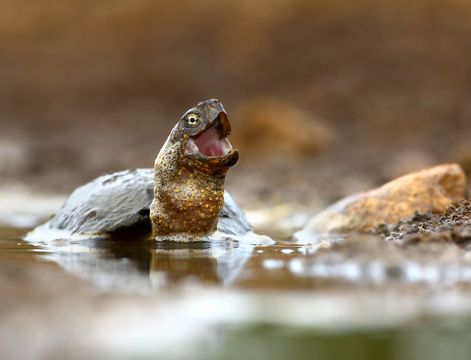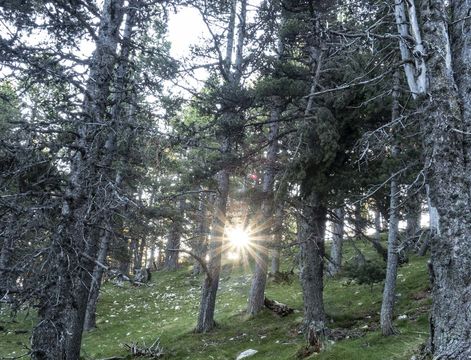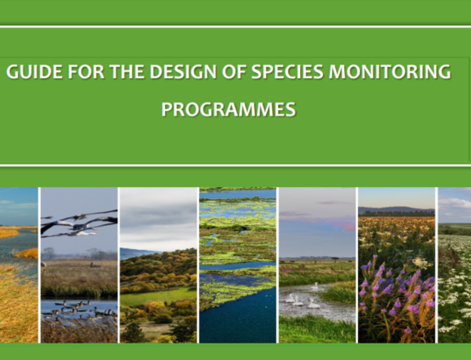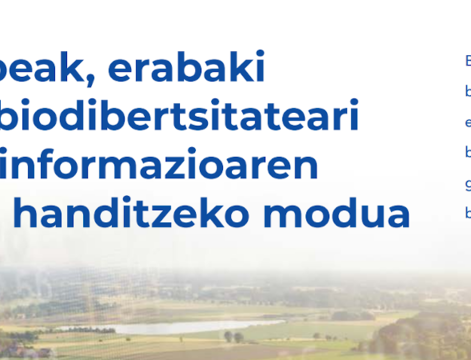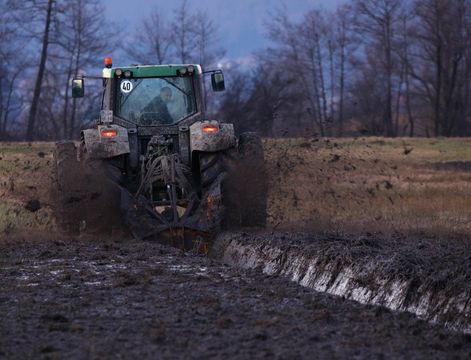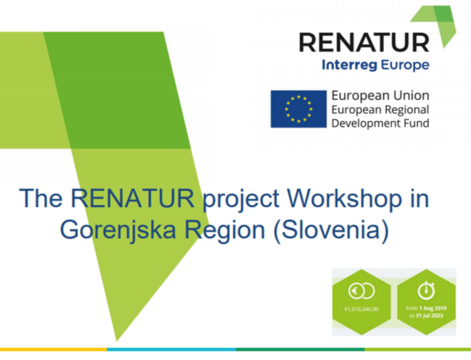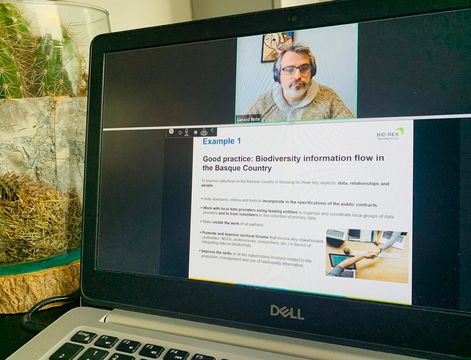Catalonia is experiencing a progressive and widespread decline in its biodiversity, according to the report ‘State of Nature in Catalonia 2020′
The document highlights that the populations of vertebrates (fish, reptiles, amphibians, birds, and mammals) and invertebrates (butterflies) for which long-term monitoring data are available have lost, on average, 1 in 4 individuals. (25%) the last 18 years. The trend is the same as a global scale but with a lower intensity than the one recorded worldwide, which has reached a 60% reduction since 1970.

The report shows that the loss of biodiversity in Catalonia is not the same in the various environments or habitats: it is 54% for animal species living in rivers, lakes and wetlands, 34% for those in environments agricultural and meadows and 12% for those in forests and scrubs. At the sea, the available data indicate an unfavourable situation, although data are not complete enough.
This loss of animals in Catalonia has a direct relation with the alteration of their habitats. Changes in land use and direct exploitation are the main drivers, although the climate change and the arrival of invasive alien species are having an increasing impact. The underlying reason for this trend is a socio-economic model that intensifies fundraising in certain areas and abandons others that have been used more sustainably.
A collective effort based on scientific evidence
The report ‘State of Nature in Catalonia 2020′ has been commissioned by the Government of Catalonia to the Center for Ecological Research and Forest Applications (CREAF) and the Center for Forest Science and Technology of Catalonia (CTFC), which have prepared the document together with the Catalan Institute of Ornithology (ICO) and the Institute of Marine Sciences (ICM) and with the collaboration of the technical services of the General Direction of Environmental Policies and Natural Environment of the own Department.
To do it, we have had the contribution and data of more than 40 research organizations, universities, administrations, private associations and NGOs and hundreds of volunteers, grouped in citizen science projects. This report is a collective work and is the result of knowledge generated for decades.
Catalonia, at the level of the most advanced countries
This document links to reports of international and European scope, such as those that assess the fulfilment of the Aichi Biodiversity Targets – Convention on Biological Diversity, the Living Planet Index 2020, the State of Nature EU or others on a regional scale and lands them in Catalonia. It allows us to put in context the particular situation of our country and places us at the same level as the most advanced countries in terms of identifying conservation priorities.
It also comes at the right time because at the beginning of 2021 it is expected that the governments of the world and institutions interested in nature conservation, in the Conference of the Parties to the Convention on Biological Diversity, will take stock of the last decade and establish what has come to be called the post-2020 strategy. It is a good moment for Catalonia to also take stock of the situation and be able to participate in these debates.
The future Observatory of Natural Heritage and Biodiversity
The results of the in depth study support the need to pursue an ambitious and effective policy for the conservation of the natural environment and biodiversity. In a way, it justifies the approval of the 2030 Strategy for Natural Heritage and Biodiversity, the creation of the Nature Agency of Catalonia or the deployment of a specific economic fund for natural environment policies. In fact, the report aims to be the begining of the periodic evaluation of the Strategy implementation.

The report is also the embryo and first step of the Observatory of Natural Heritage and Biodiversity, a public initiative that seeks to create a space for collaboration between the Generalitat de Catalunya, other administrations, research centers, universities and bodies and entities dedicated to the study of the natural environment to generate knowledge on policies related to nature. The ultimate goal is to support nature conservation policies, to be based on quantifiable indicators and scientific evidence.
The Observatory is ne objective of the Catalan Action Plan of BID-REX and it is expected to become a reality in 2021 and wants to be the reference body for obtaining, integrating, processing, accessing and disseminating information on the natural heritage in Catalonia. It is not conceived as a documentation center or an information repository, but as a space for the generation of knowledge focused to decision-making. From the beginning, the goal is to provide answers.
Note: By the moment the report is just in Catalan, but in future, it will be also available in English.



